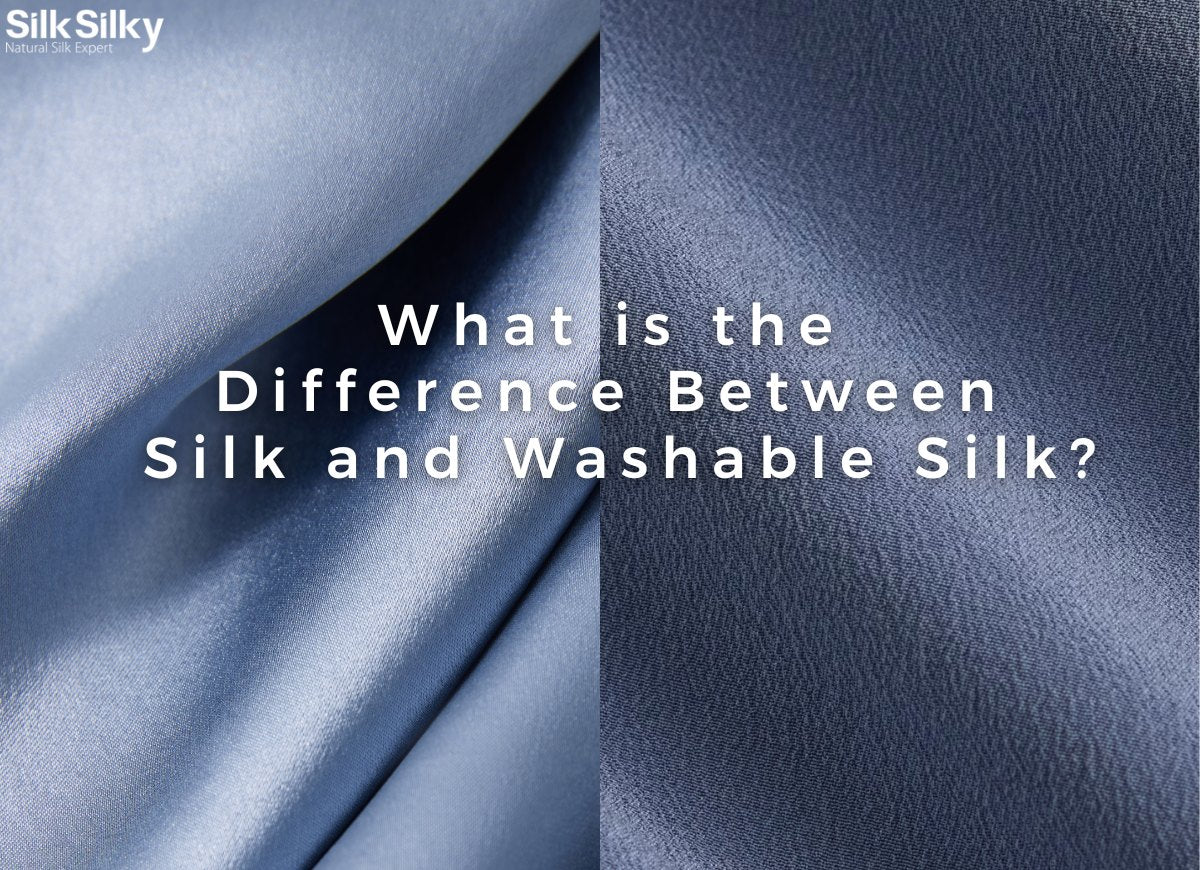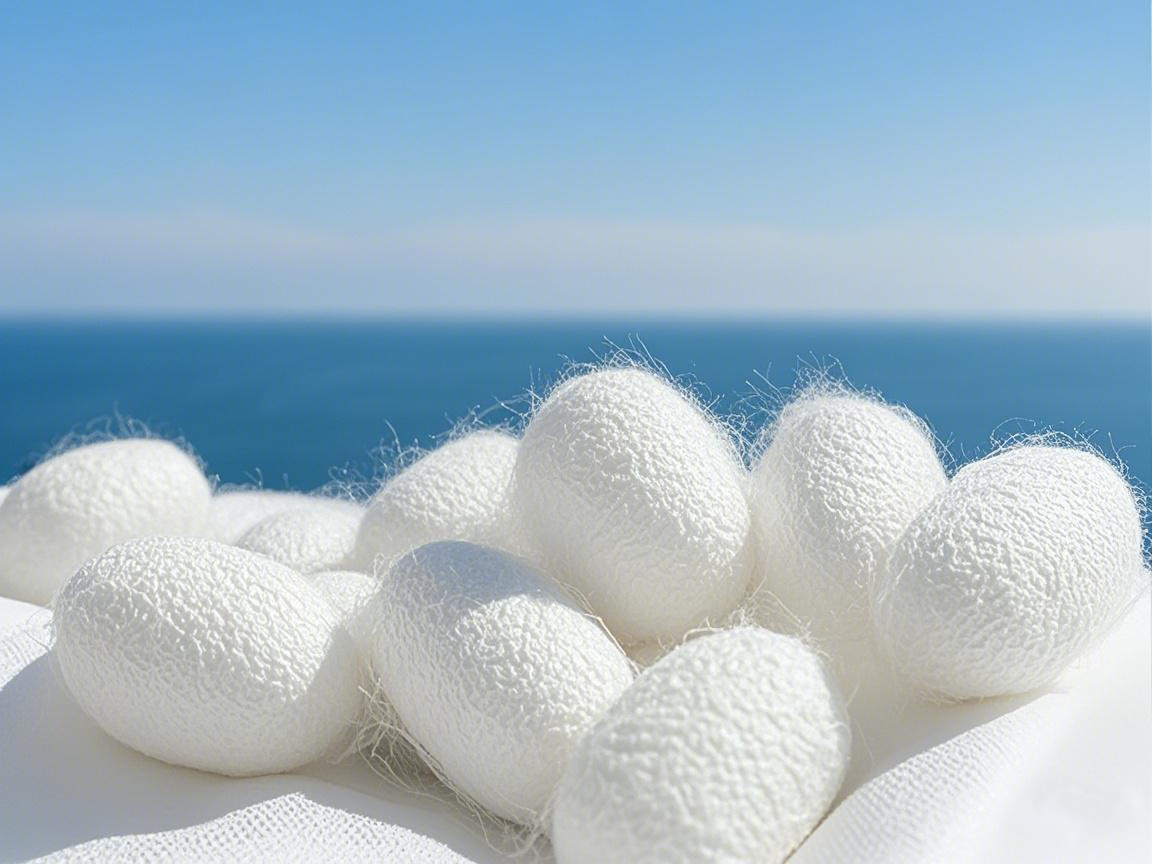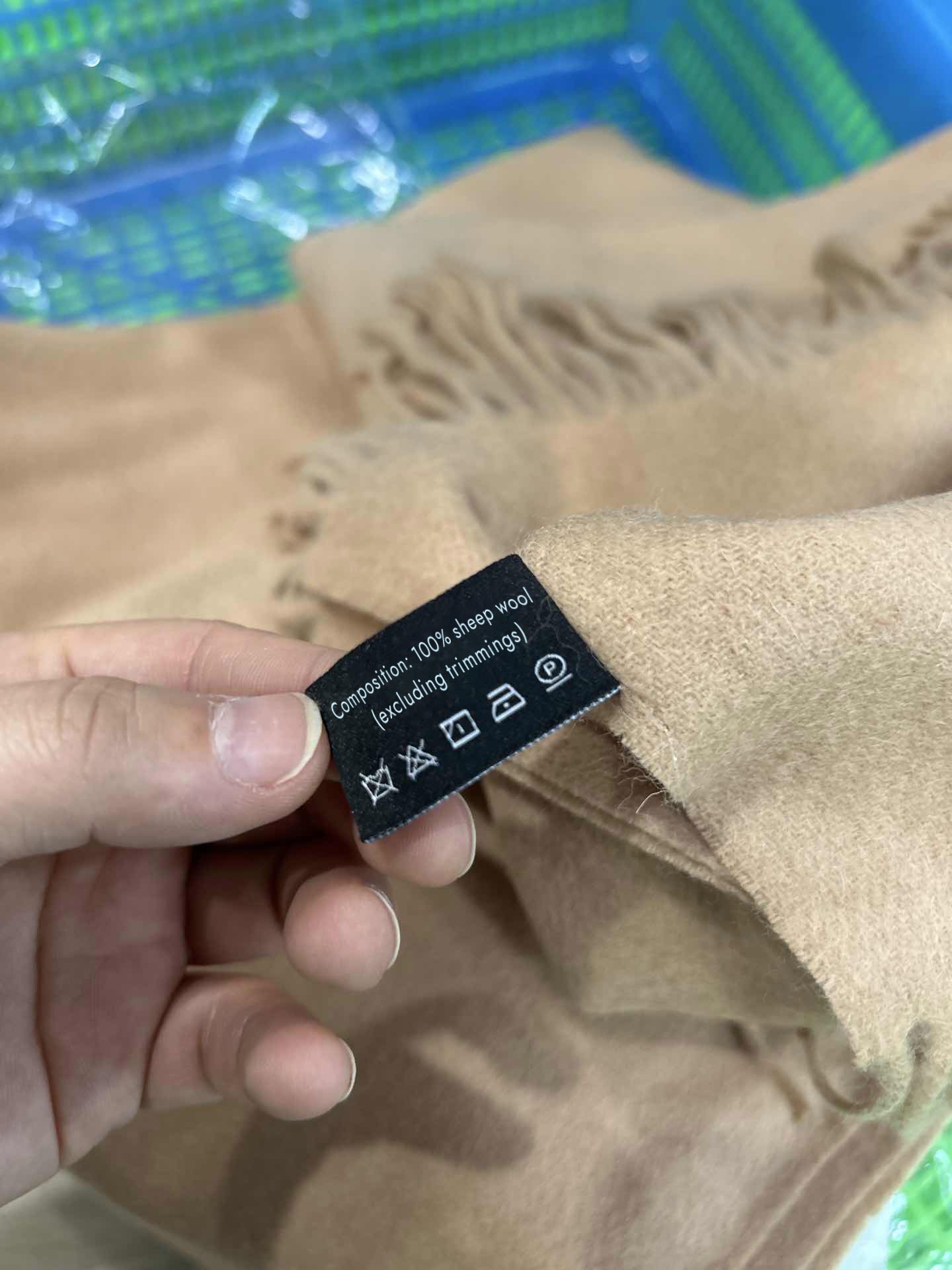Maritime Silk Road
The Maritime Silk Road existed before the Land Silk Road, and the Maritime Silk Road had routes from the East China Sea and the South China Sea.
The route from the East China Sea began at the latest when the King of Zhou Wu killed Zhou. When the Zhou Dynasty was established (1112 BC), the King of Zhou Wu sealed Jizi in North Korea and “taught his people to make silkworm weaving.” China’s sericulture, silk reeling, and silk weaving technology spread to North Korea. Qin Shihuang (221 BC) swallowed six countries by army, among which the people of Qi, Yan, Zhao and other countries escaped hard labor and carried silkworm eggs and carry-on sericulture technology to go to North Korea.
In the Wu area of Jiangsu and Zhejiang, two brothers traveled east to Japan to teach silkworm rearing, silk reeling, silk weaving and sewing skills of Wu clothing.
Japan’s Wufu (Kimono) began from then on. Qin Shihuang (219 BC-210 BC) sent Xu Fu to lead virgins and hundreds of “hundred workers” to travel east to Japan to spread sericulture technology. The Japanese people worshipped Xu Fu as the “sericulture god”. “, contributed to the development of silk production in Japan.
The route from the South China Sea began when Emperor Wu of the Han Dynasty (140-87 BC). According to the “Hanshu·Geography”, my country’s sea-going ships set sail from Leizhou Peninsula with large quantities of silk, passing through the capital Yuanguo (Malay Peninsula), Go to Lumaiguo (the coast of Myanmar), Chenliguo (the coast of Myanmar), Fuganduluguo (near Gancheng of Myanmar), Huangzhiguo, (near Lianzhibulu, India), and go to countries such as Chengbuguo (Sri Lanka). Silk trading. In 166 AD, Rome got rid of the control of Rest, and sent more than 120 ships to China to buy silk every year.
Emperor Yang of the Sui Dynasty (607 AD) sent Chang Jun to the country of Terracotta (Kedab, Malaysia), carrying 5000 pieces of silk and rewarding the king of Terracotta. He received the grand courtesy of “welcome with 30 ships”. This is China’s “silk diplomacy” Victory.
The Maritime Silk Road developed rapidly. By the Ming Dynasty, the famous Chinese navigator Zheng He led a fleet of ships on 7 voyages between 1405 and 1433. Each time the fleet was very large, with more than 60 treasure ships, and There are more than 200 medium and small vessels, with more than 27,800 people.
This is more than half a century earlier than the voyage of Columbus and Da Gama, and the size of the fleet, the long range, the wide range, the time, and the number of people are second to none in the history of navigation. This marked the heyday of the Maritime Silk Road. An American writer said, “Along the coast of South America, there are traces of Chinese silk almost everywhere .”
![[Dark Blue] SilkSilky-UK 19Momme Pure Silk Notch Collar Women's Pyjamas 001,](http://uk.silksilky.com/cdn/shop/files/a3a1bba736f86048192bee870ad3e638_58978a9a-e497-4e94-bd8e-7d3990881b60.jpg?v=1763547129&width=1200)
![[Dark Blue] SilkSilky-UK 19Momme Pure Silk Notch Collar Women's Pyjamas 002,](http://uk.silksilky.com/cdn/shop/files/3a1b158868225840e725562c4d5c7c9c_aef78364-58a3-4ef7-8515-34002a03b052.jpg?v=1763547130&width=1200)
![[Wine] SilkSilky-UK Pure Silk Notch Collar Women's Pyjamas 001,](http://uk.silksilky.com/cdn/shop/files/f13aba92c2acb98b5a1bd95df8dfc5b2_9056fa8d-c2e0-4014-9899-8721702cc60e.jpg?v=1764643343&width=1200)
![[Wine] SilkSilky-UK Pure Silk Notch Collar Women's Pyjamas 002,](http://uk.silksilky.com/cdn/shop/files/5c1846c2e48cf39fa26efc7eb8b45660_102b14e4-ee26-483a-baaa-1529812e10c5.jpg?v=1764643343&width=1200)
![[Pink] SilkSilky-UK Pure Silk Sleep Cap 001,](http://uk.silksilky.com/cdn/shop/files/4c9edf6f1b96ff091c602a1ce4a00f14.jpg?v=1762230590&width=1200)
![[Pink] SilkSilky-UK Pure Silk Sleep Cap 002,](http://uk.silksilky.com/cdn/shop/files/7ee9cc513de56d2c9142153407d2a614.jpg?v=1762230590&width=1200)
![[White] SilkSilky-UK Pure Silk V Neck Nightdress 001,](http://uk.silksilky.com/cdn/shop/files/a8ae95260a57844b1e2e00c4fcfabdcc_cfee537f-76ff-49c2-98fd-1d7f93840611.jpg?v=1764140263&width=1200)
![[White] SilkSilky-UK Pure Silk V Neck Nightdress 002,](http://uk.silksilky.com/cdn/shop/files/24ac506750f8c38c51bb5b6d0ee15287.jpg?v=1764140263&width=1200)
![[White] SilkSilky-UK Pure Silk Collar Women's Pyjamas 001](http://uk.silksilky.com/cdn/shop/files/2efcbf830584837797c018d5beeda11b.jpg?v=1760628439&width=1500)
![[White] SilkSilky-UK Pure Silk Collar Women's Pyjamas 002](http://uk.silksilky.com/cdn/shop/files/363ebfa554338c8b5c3bdc52f400ff24.jpg?v=1760628445&width=1500)







